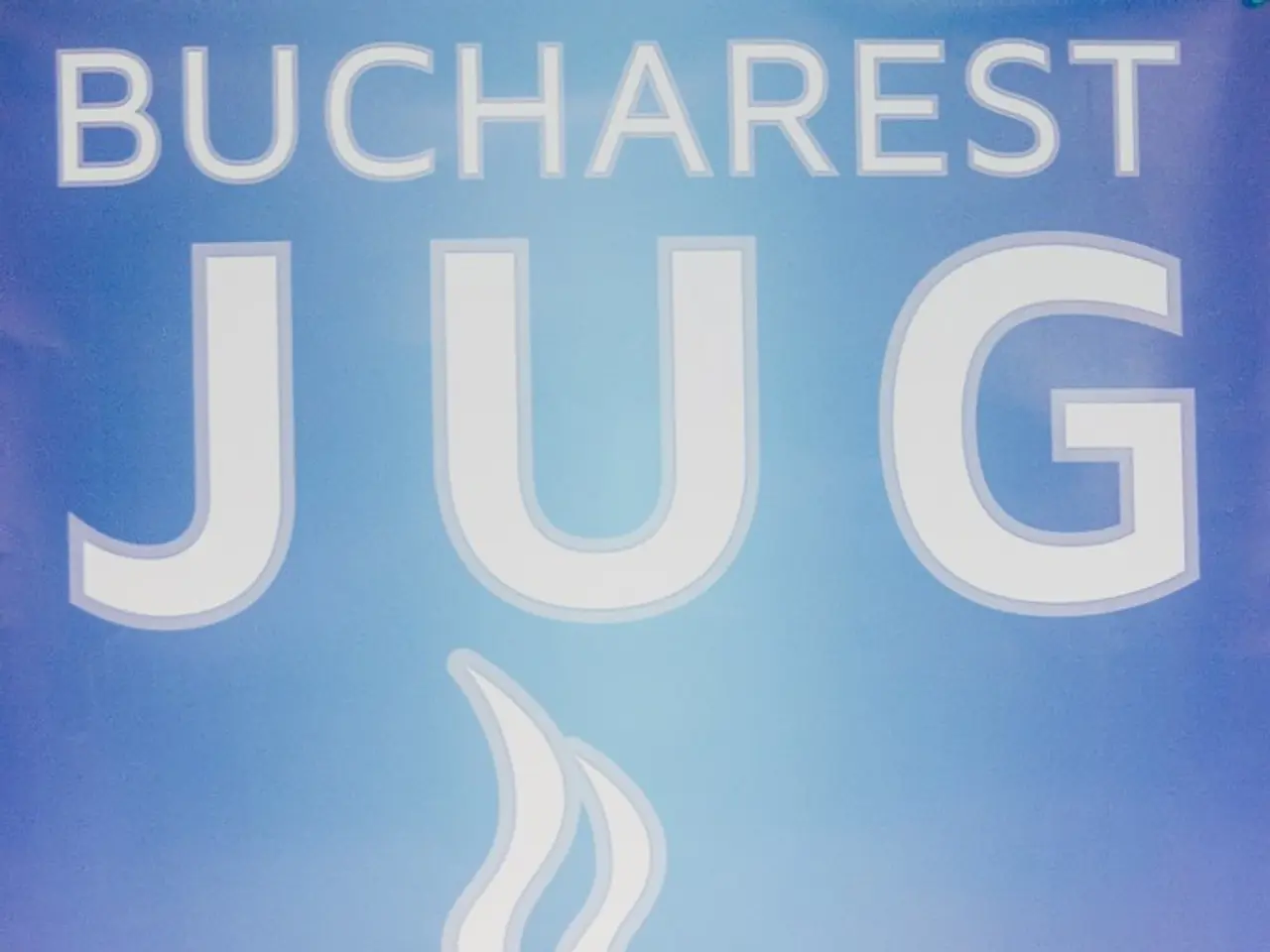Political Matters nationwide
In a significant development, Prime Minister Keir Starmer and President Donald Trump have signed a historic agreement on science and technology in Britain. The signing ceremony, held at Chequers, a rural retreat for British leaders, marked a milestone in the trans-Atlantic relationship.
The deal, aimed at promoting tech investment in both nations, is expected to bring thousands of jobs and billions in investment in artificial intelligence (AI), quantum computing, and nuclear energy. American companies have pledged $204 billion in investment in the U.K., including $122 billion from investment firm Blackstone in the next decade.
The agreement also includes a host of AI data centers around the U.K. Notably, the British arm of Stargate, a Trump-backed AI infrastructure project led by OpenAI, is included in the deal.
During the ceremony, Prime Minister Starmer referred to President Trump as 'my friend, our friend,' despite the deal's discussions reportedly including difficult conversations about Ukraine and the Middle East. The British government has grown increasingly critical of Israel's conduct of the war in Gaza and the suffering of Palestinian civilians, and Starmer has played a major part in European efforts to shore up U.S. support for Ukraine.
The U.S. President has expressed frustration with Russian President Vladimir Putin but has not made good on threats to impose new sanctions on Russia for shunning peace negotiations. The deal does not appear to include any concessions on digital services tax or internet regulation, as the British government has maintained its stance on these issues.
The signing of this agreement comes at a time when Prime Minister Starmer's government is struggling to kickstart Britain's sluggish economy. Fourteen months after winning a landslide election victory, the Labour Party is lagging in the polls. However, the deal is expected to boost the economy, with investment also flowing the other way, including almost $30 billion by pharmaceutical firm GSK in the U.S.
In a symbolic gesture, the king gave Trump a gentle nudge in his state banquet speech on the strength of the trans-Atlantic relationship, noting that 'as tyranny once again threatens Europe, we and our allies stand together in support of Ukraine, to deter aggression and secure peace.'
Prime Minister Starmer has also announced that the U.K. will formally recognize a Palestinian state this month, reiterating Britain's commitment to a peaceful resolution of the conflict in the Middle East. Leslie Vinjamuri, president of the Chicago Council on Global Affairs, said Trump's trip was likely to be 'a difficult visit for the prime minister, much more so than for the U.S. president.'
The signing of this historic agreement underscores the strong ties between the U.S. and the U.K., and the commitment of both leaders to fostering cooperation in the field of science and technology.
Read also:
- United States tariffs pose a threat to India, necessitating the recruitment of adept negotiators or strategists, similar to those who had influenced Trump's decisions.
- Weekly happenings in the German Federal Parliament (Bundestag)
- Southwest region's most popular posts, accompanied by an inquiry:
- Discussion between Putin and Trump in Alaska could potentially overshadow Ukraine's concerns








